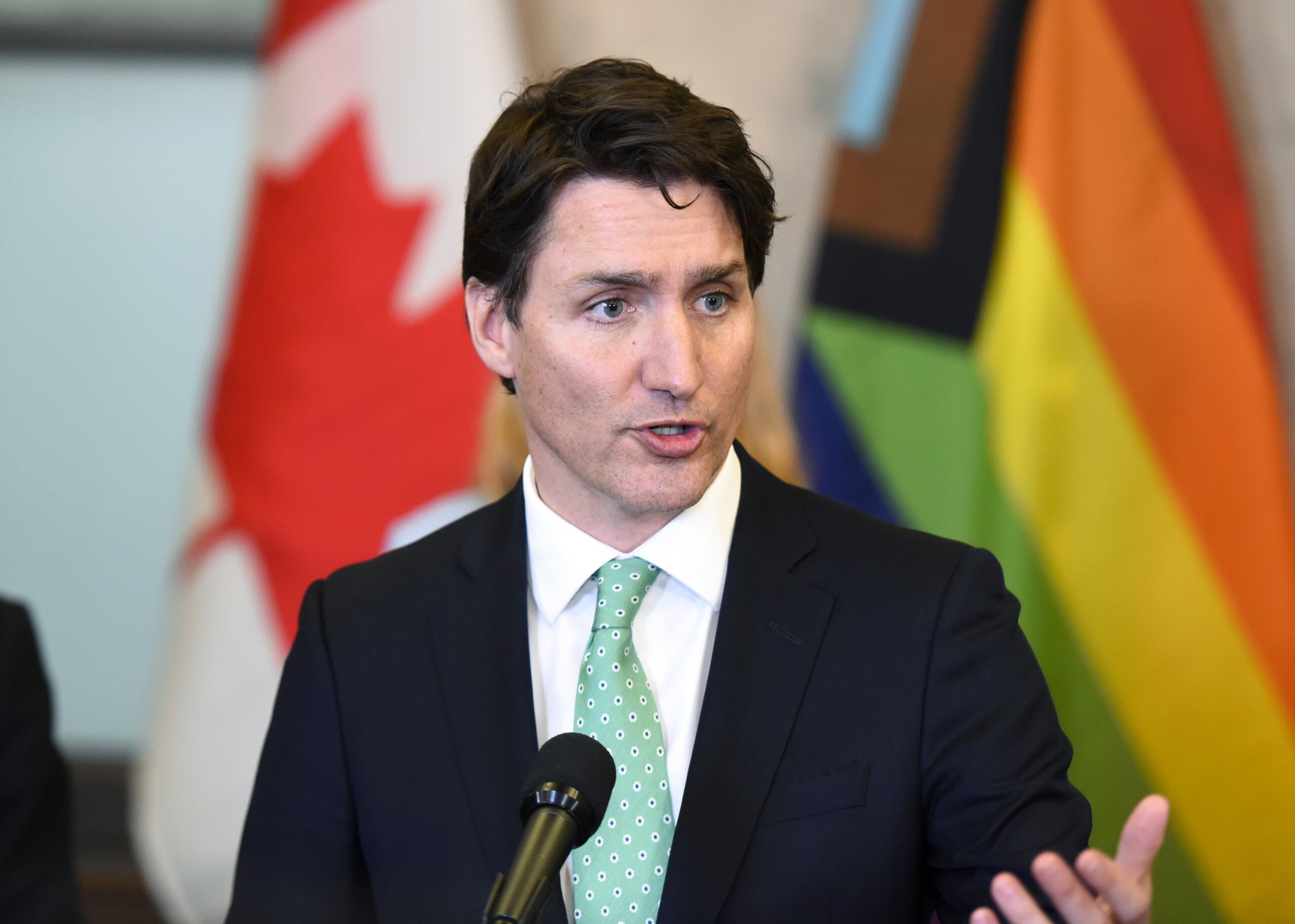A group of Canadian lawyers are circulating an open letter, echoing Dignity Network Canada and its 60 member organizations in calling on the federal government to appoint a special envoy for LGBTQ2S+ human rights. It’s frankly baffling why the government hasn’t done so in the seven years that they have been in power. While there has been a great deal of progress internationally when it comes to recognizing queer and trans rights over those seven years, we find ourselves at a point where there is backsliding in some major western democracies, especially the U.S. and the U.K., and Canada needs to step up and show leadership in concrete terms, rather than with the kinds of platitudes that the Trudeau government has become known for.
We would not be a world leader by any stretch when it comes to creating this position. The U.S. has a Special Envoy to Advance the Human Rights of LGBTI+ Persons, Jessica Stern, while there is a newly appointed French ambassador for LGBTQ+ human rights, Jean-Marc Berthon—both of whom will be visiting Ottawa later this spring. The U.K., Italy and Argentina have similar positions of their own. The Trudeau government has created other special envoy positions, particularly for preserving Holocaust remembrance and combatting antisemitism, filled by former federal justice minister Irwin Cotler. More recently has been the special representative to combat Islamophobia, an appointment that has been under much scrutiny as the choice of Amira Elghawaby has prompted an outcry in Quebec because she had the audacity to point to survey data that showed a higher prevalence of anti-Islamic beliefs in the province.
The letter from the legal community calls this a moment of “peril and possibility,” which is why Canadian leadership is crucial. “In many countries that share Canada’s legal traditions, laws—including laws left over from colonial eras—are being used to criminalize people based on their sexual orientation or gender identity,” the letter reads. “In too many jurisdictions, anti-LGBTQ+ politics and policies have remained in, or in some cases have returned to, the mainstream.”
The letter points to recent successes in India, Botswana and Trinidad and Tobago, where anti-LGBTQ+ laws have been overturned in the courts because advocates in those countries used the law to fight discrimination and resist violence.
“However, for each success, there have also been steps backward, and anti-LGBTIQ+ legislation is moving forward in many countries.”
This particular point cannot be overstated, as we have seen an increased demonization of trans people, and the growing protest over drag performers under the libel that they are “grooming” or somehow sexualizing children at drag storytimes held by public libraries. Several U.S. states are in the process of passing anti-drag laws that target trans people as well, while some states are engaging in large-scale book-bannings that target queer and trans materials, as well as those that deal with race. The kind of casual homophobia that dominated the mainstream discourse of the ’80s and ’90s is making a comeback, with the added twist of frequently playing into an increasing number of conspiracy theories.
There is also a demonstrated need for this kind of special envoy position within government, particularly because this government doesn’t always have a focused or coherent approach to LGBTQ2S+ issues. Witness the fumbling over how to deal with the FIFA World Cup in Qatar, and the decision to send the minister for international development, Harjit Sajjan, as a delegate to the games in spite of Qatar’s poor human rights record, not only when it comes to criminalizing queer and trans communities, but also for its treatment of migrant workers. There should have been a more coherent position on how to address the Qatari government’s record, and someone like a special envoy or ambassador could have done the work of coordinating a response across the government departments. What we got instead was Sajjan belatedly tweeting that he met with the Qatari government on queer and trans issues, only after having been called out for not saying anything publicly.
A special envoy could also bolster the government’s weak agenda when it comes to the promotion of queer and trans rights abroad. When they released their much-ballyhooed 2SLGBTQI+ Action Plan, the document was woefully silent in its international component, and having spoken to those who had made plenty of submissions to the department on that very topic, we know it wasn’t for lack of information or input. And, sure, it’s supposed to be an evergreen document and they could expand the international components down the road, but it was a choice they made not to include it based on the information that had been submitted to them. There is a place for Canada to lead by example, but that also means showing other countries how we got here, and meaning no disrespect, but Harjit Sajjan should not be the face of that engagement.
While I have no doubt that they are doing some of this work within the department and in embassies, high commissions and missions across the globe—and there are stories of our diplomats going above and beyond in order to support local queer and trans communities—the government has a marked tendency to forget that they need to show people that they are doing that work. Instead, they largely make a big show of patting themselves on the back when they make announcements to start that work, and then it fades from sight when people need to see that, yes, they are engaged on these issues, and that they’re not being ignored when the news cycle moves on and when new crises need to be managed. Having a special envoy would go a long way to keeping that work visible, and the government departments focused so that we can avoid another Qatar situation in the future.


 Why you can trust Xtra
Why you can trust Xtra


